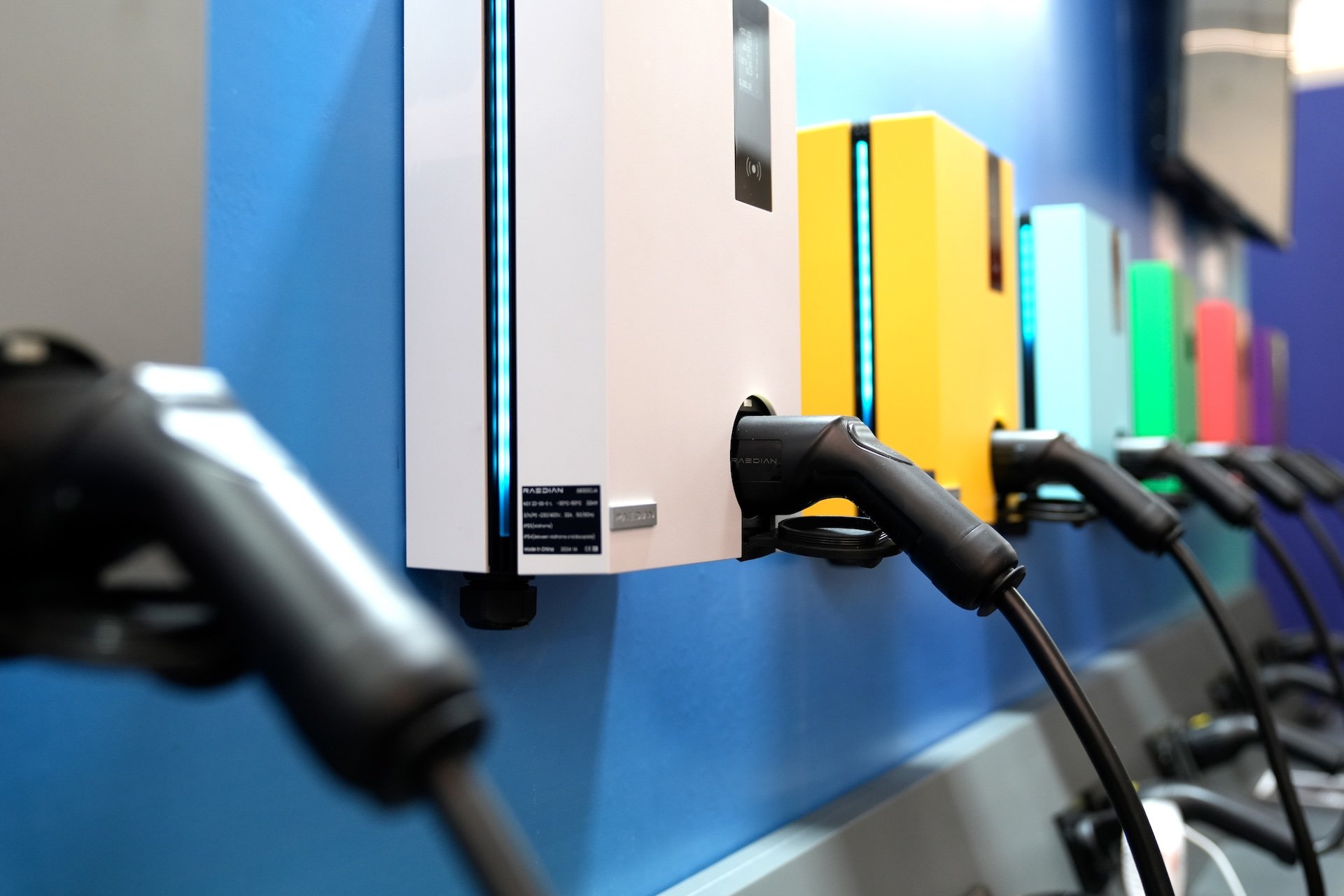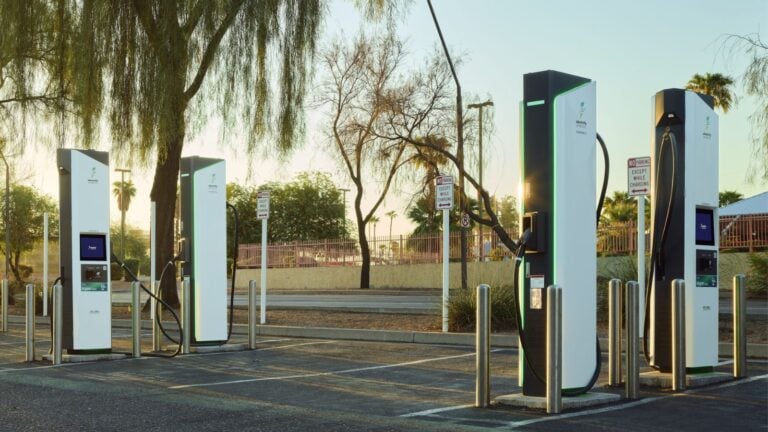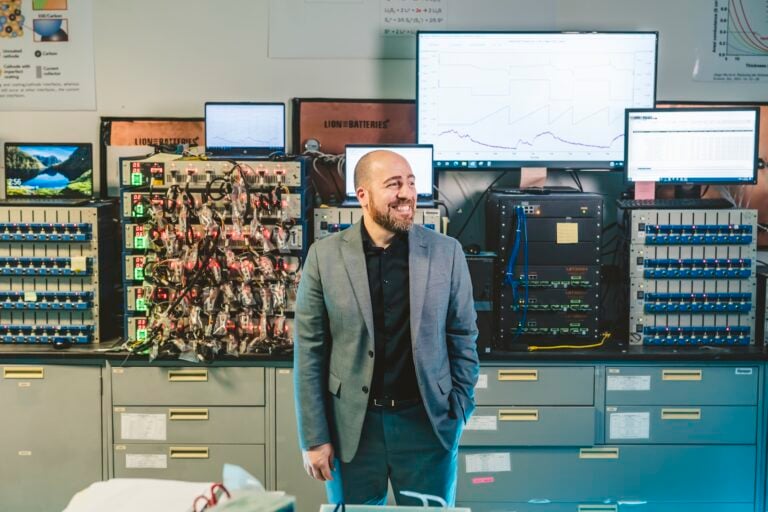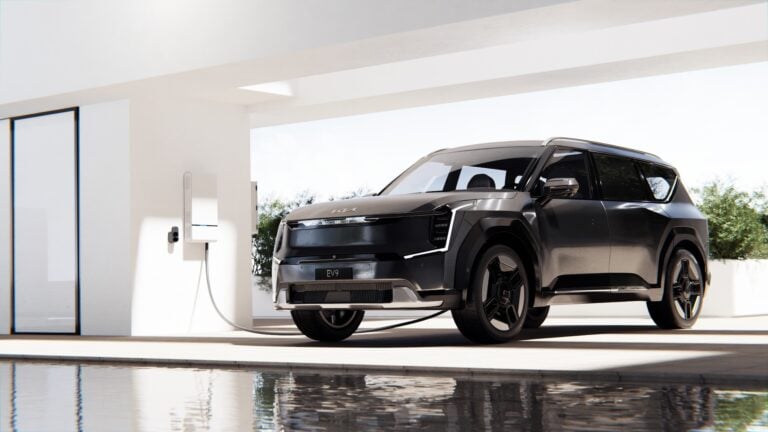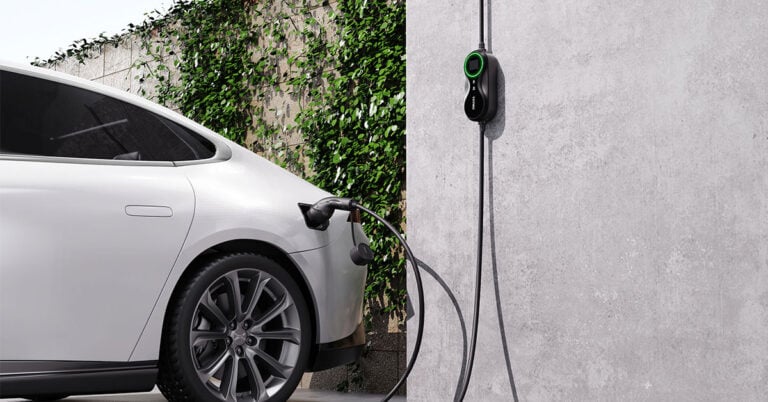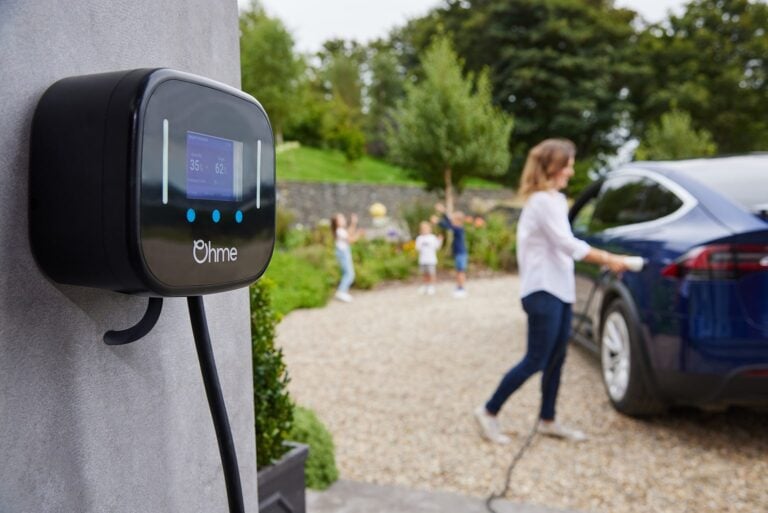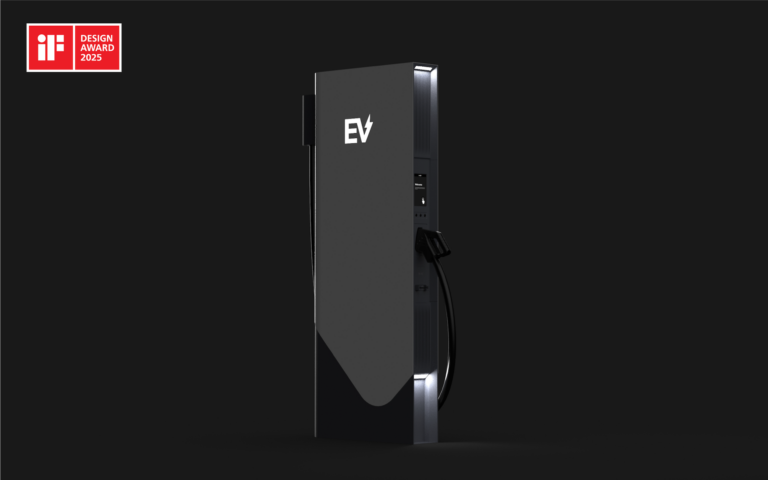Bidirectional charging technology has the potential to save billions of euros annually by optimizing electricity usage and reducing system costs. A recent study by Transport & Environment (T&E) reveals that this innovative technology could transform Europe’s energy and mobility sectors. By enabling electric vehicles to store electricity and feed it back into the grid, bidirectional charging (BiDi) offers immense economic and environmental benefits. However, achieving this potential requires regulatory support and widespread adoption. The smarter E Europe 2025 event will spotlight these opportunities with a special exhibit running May 7–9, 2025, at Messe München.
Key Highlights
- Significant Cost Savings: The Fraunhofer Institutes estimate up to €22 billion in annual savings across the EU, reducing the energy system’s costs by 8%. Between 2030 and 2040, savings could exceed €100 billion.
- Renewable Integration: Electric vehicles can enhance solar power integration, reducing the need for stationary storage by up to 92% and increasing photovoltaic capacity by 40%.
- Pilot Projects: Renault’s V2G service in France allows free vehicle charging for EV owners who share their battery capacity with the grid, with planned expansion to Germany and the UK.
- Regulatory Barriers: Challenges in Germany include slow smart meter rollouts and unclear legal frameworks, hindering broader adoption of V2G technology.
Integration of Solar Power
Electric vehicles equipped with bidirectional charging technology can act as mobile energy storage units, significantly supporting renewable energy adoption. The T&E study highlights reduced dependency on stationary storage systems by up to 92% and an increase in installed photovoltaic capacity by 40%. Additionally, EV owners benefit from reduced electricity costs and prolonged battery life due to optimized charging processes.
Pilot Projects and Expansion
France’s Renault has pioneered vehicle-to-grid (V2G) services in partnership with The Mobility House. Owners of Renault 5 cars with V2G capabilities can charge their vehicles for free in exchange for supporting the energy grid. This model is expected to expand to other countries, including Germany and the UK, providing a glimpse into the future of EV energy integration.
Regulatory Challenges
In Germany, regulatory hurdles slow the adoption of bidirectional charging. The absence of robust legal frameworks and sluggish smart meter rollouts complicate progress. The second European Summit for Bidirectional Charging emphasized the need to address issues such as eliminating double payments for stored electricity and maintaining subsidies for green energy stored in EV batteries.
Spotlight at The smarter E Europe 2025
The smarter E Europe 2025 will showcase cutting-edge products and innovations in bidirectional charging through a dedicated exhibit. Located near the Power2Drive Forum, the event will feature interactive sessions, guided tours, and panel discussions with industry leaders like Eurelectric, AVERE, and SmartEn.
As Europe’s largest energy exhibition alliance, The smarter E Europe integrates four exhibitions: Intersolar Europe, ees Europe, Power2Drive Europe, and EM-Power Europe. The event will be held from May 7–9, 2025, at Messe München.
Sign up for our popular daily email to catch all the latest EV news!

